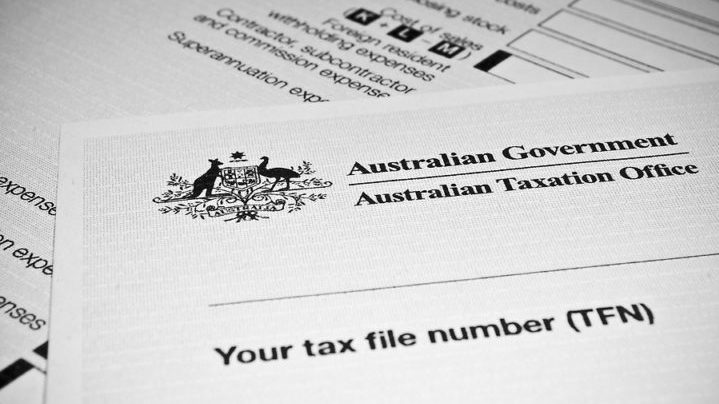Small businesses and sole traders are a key component of Australia’s economy. The economic contribution of small businesses to the local economy has topped half a trillion dollars, according to a report released by the Australian Small Business and Family Enterprise Ombudsman, Bruce Billson. Furthermore, the value of small businesses to the economy surged by 15 per cent in 2021-22 to $506 billion and accounts for one-third of Australia’s GDP.
But while many are thriving, more needs to be done to support them, particularly the smallest of businesses, sole traders and freelancers who often struggle to find the resources to call on external support.
This is none truer than for managing their financial admin, bookkeeping and accounting needs.
2024 is going to be the year that changes.
Sole traders’ tax burden to ease
Taxes have traditionally been a major pain point for sole traders who often struggle to afford to pay an accountant to do their financial admin including BAS, end-of-year tax return and managing expenses. Managing it themselves can be a significant burden and prevent them from doing what they do best, running their business. In 2024, more sole traders will capitalise on the technologies that are making managing taxes and accounting simple. There are one-stop accounting tools available that cover sole traders’ every accounting need, including bookkeeping, invoicing, BAS and tax return lodgement.
AI to revolutionise accounting
Technologies are now tapping into AI to make accounting much simpler and more intuitive for sole traders. At TaxLeopard, for example, we have partnered with RMIT’s Centre for Industrial AI Research & Innovation (CIARI) to build an AI-based Smart Tax Assistant to help sole traders, who don’t have easy, regular and affordable access to an accountant, to better manage their business. The AI being developed will give personalised advice on areas including how to increase income and how to maximise deductions. This is one of several use cases that sole traders will be able to tap into in the near future.
Mistake anxiety to decrease
Sole traders who do their own accounting can experience anxiety when it comes to submitting BAS and tax returns out of fear of making a mistake. This is completely understandable given that business owners often go from having no accounting experience to single-handedly managing their finances and taxes. Working out total income, GST, which expenses are tax deductible and how much can be claimed is difficult. Sole traders in 2024 will begin to recognise that there is software available to take these headaches away.
Forget about receipts
It seems like we should be way beyond the days of small business owners collecting paper receipts in a plastic folder for their accountant to lodge in their tax return, but this is still a reality for many. It doesn’t have to be. Sole traders can now use accounting tools that enable them to make a digital copy of their receipts and log them instantly within their accounting software. The software will advise on how much of each expense they can claim and work out your estimated reduction in tax income at the end of the financial year.
Sole traders to knowledge share
The sole trader and freelance community is often interconnected and collaborative, particularly within industries. Freelance Slack networks, for example, are developing globally, locally and within industries, like No Code Founder and We Work Remotely. This appetite for collaboration and knowledge sharing will only continue and this will permeate into freelancers and sole traders sharing advice on finance and tax management.
There is a technological revolution happening with regards to the innovation and democratisation of finance tools for the smallest of businesses and we expect the community to share their experiences and help each other unearth the tools that are best for them.











